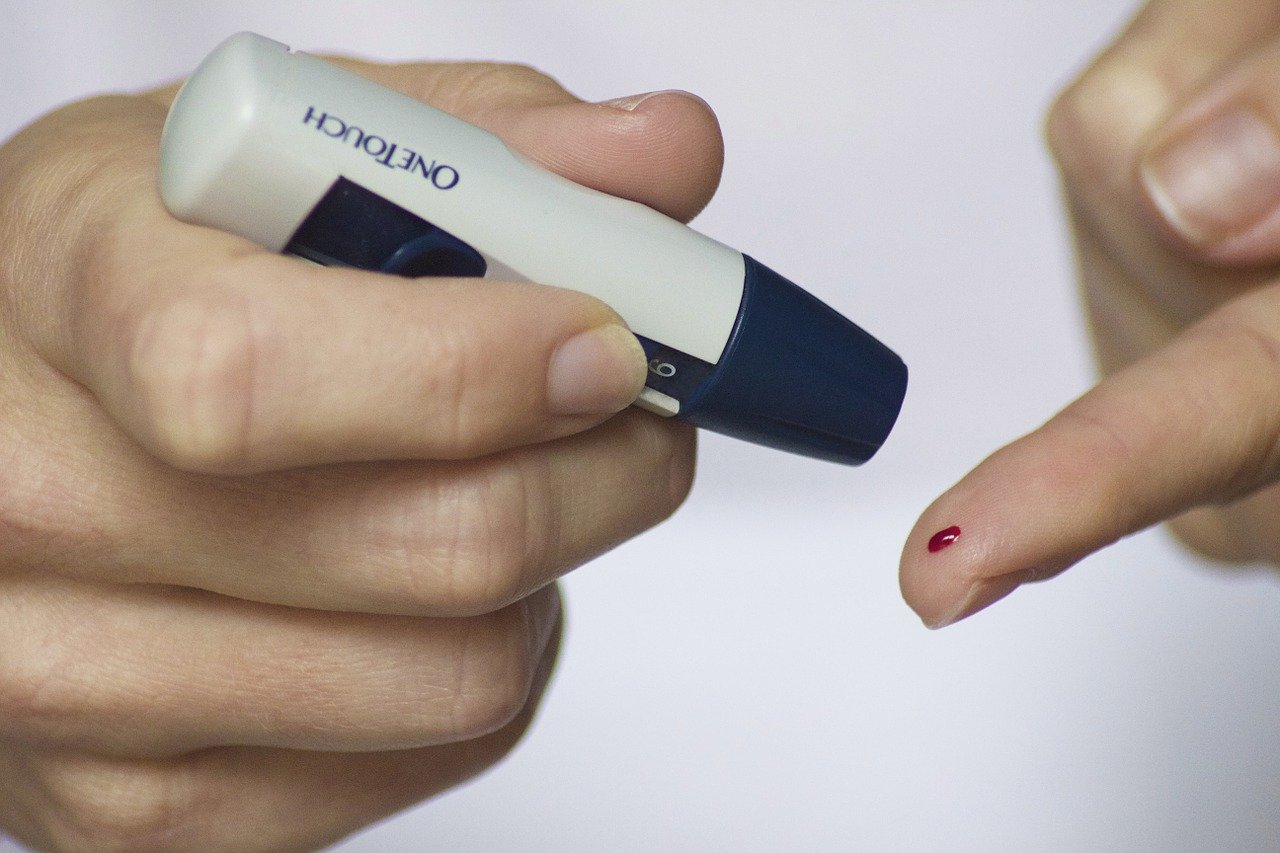
Image by Tesa Robbins from Pixabay
Solving the genetic puzzle of why babies developed a rare type of diabetes has uncovered a new biological pathway that is fundamental to insulin production, and could boost research into new treatments for more common forms of diabetes.
Published this week (9th November) in the Journal of Clinical Investigation, the study used genome sequencing to reveal that a group of babies with shared clinical features, who developed diabetes soon after birth, all had genetic changes in the YIPF5 gene. The research combined stem cell research and CRISPR gene editing tools to show that this gene is essential for function of the cells producing insulin.
The team, led by the University of Exeter, the Université Libre de Bruxelles, and University of Helsinki, went on to show how these genetic changes result in high levels of stress within the cells, causing cell death. The study shows for the first time that YIPF5 gene function is essential for neurons and insulin-producing beta cells, but appears to be dispensable for the function of other cells.
These results aid understanding on which cellular steps are important for making insulin, which regulated blood sugar levels, and maintaining the function of the cells producing insulin within the pancreas. This insight could help researchers develop better therapies to treat patients with common types of diabetes, which affect 460 million people worldwide.
Dr Elisa De Franco, one of the lead authors of the study, from the University of Exeter, said:
“This study highlights the importance of gene discovery to further our understanding of fundamental mechanisms in biology. In this case, our research has resulted in the identification of a gene essential for both insulin-producing cells and neurons, highlighting a biological pathway we previously did not know was so fundamental for insulin-producing cells. This has the potential to open new avenues of research and ultimately result in better understanding of how other types of diabetes develop.”
Some babies develop diabetes before they are six months old. In more than 85 per cent of cases, this is due to a spelling mistake in their DNA (often called a genetic mutation). Some of these children also have additional health issues which can involve their brain.
To learn more about which genes in the DNA are important for insulin-producing cells, researchers from the University of Exeter studied the genetics of almost 190 patients from all over the world who developed diabetes soon after birth. Using the latest genetic technologies, they found that six babies with extremely similar clinical features, including epilepsy and an extremely small head – known as microcephaly – had genetic mutations in the YIPF5 gene.
Researchers at the Université Libre de Bruxelles and University of Helsinki then used state-of-the-art techniques in insulin-producing cells and in stem cells to try and understand how YIPF5 works in the insulin-producing cells. Their results showed that when YIPF5 is absent or has the genetic change found in patients, insulin-producing cells cannot produce insulin as they normally do. In an attempt to cope with this malfunction the cells activate stress mechanisms, which ultimately result in cell death.
Professor Miriam Cnop, one of the senior authors of the study, from the Université Libre de Bruxelles, said:
“The possibility to generate insulin-producing cells from stem cells has given us the possibility to study what goes wrong in beta cells from patients with this rare form and also other types of diabetes. It is an extraordinary disease-in-a-dish model to study mechanisms of disease and test treatments.”
Professor Timo Otonkoski, one of the senior authors, from the University of Helsinki, added:
“Using the CRISPR “gene scissor” DNA-editing technology that just received the Nobel Prize, we could correct the patient mutation in stem cells in order to fully understand its effects. The combination of gene editing with stem cells provides powerful new tools for the study of disease mechanisms.“
Professor Andrew Hattersley, one of the senior authors of the study, from the University of Exeter, said:
“We are very grateful to the patients, their families, and their doctors for their participation in the study. Without them, we could not have accomplished this. It is our wish that further research will benefit the patients, to facilitate diagnosis and treatment of their diabetes.”
Source: University of Helsinki
Sign up for the QuackTrack.org newsletter below!













